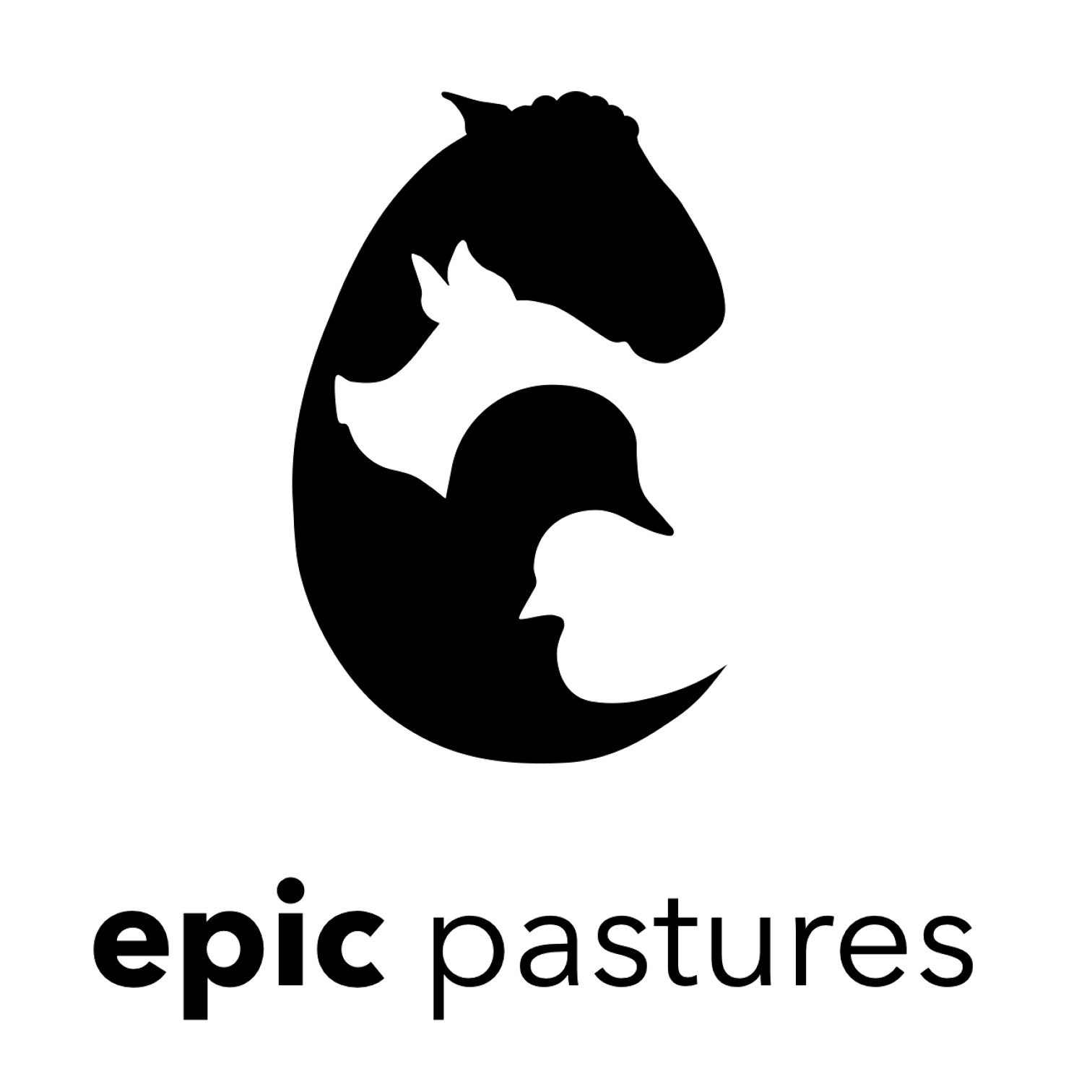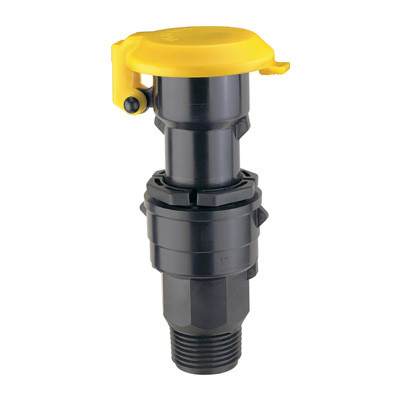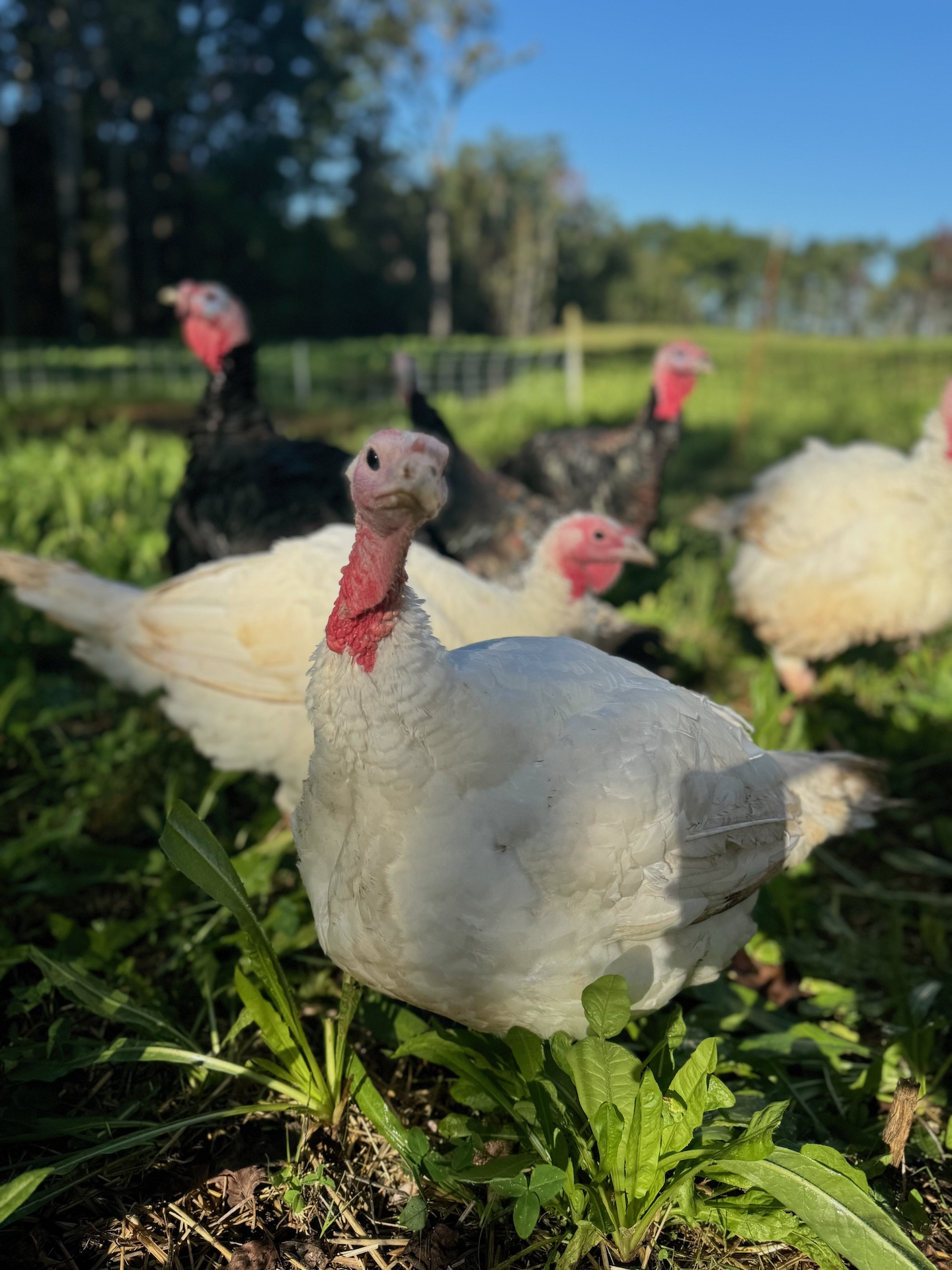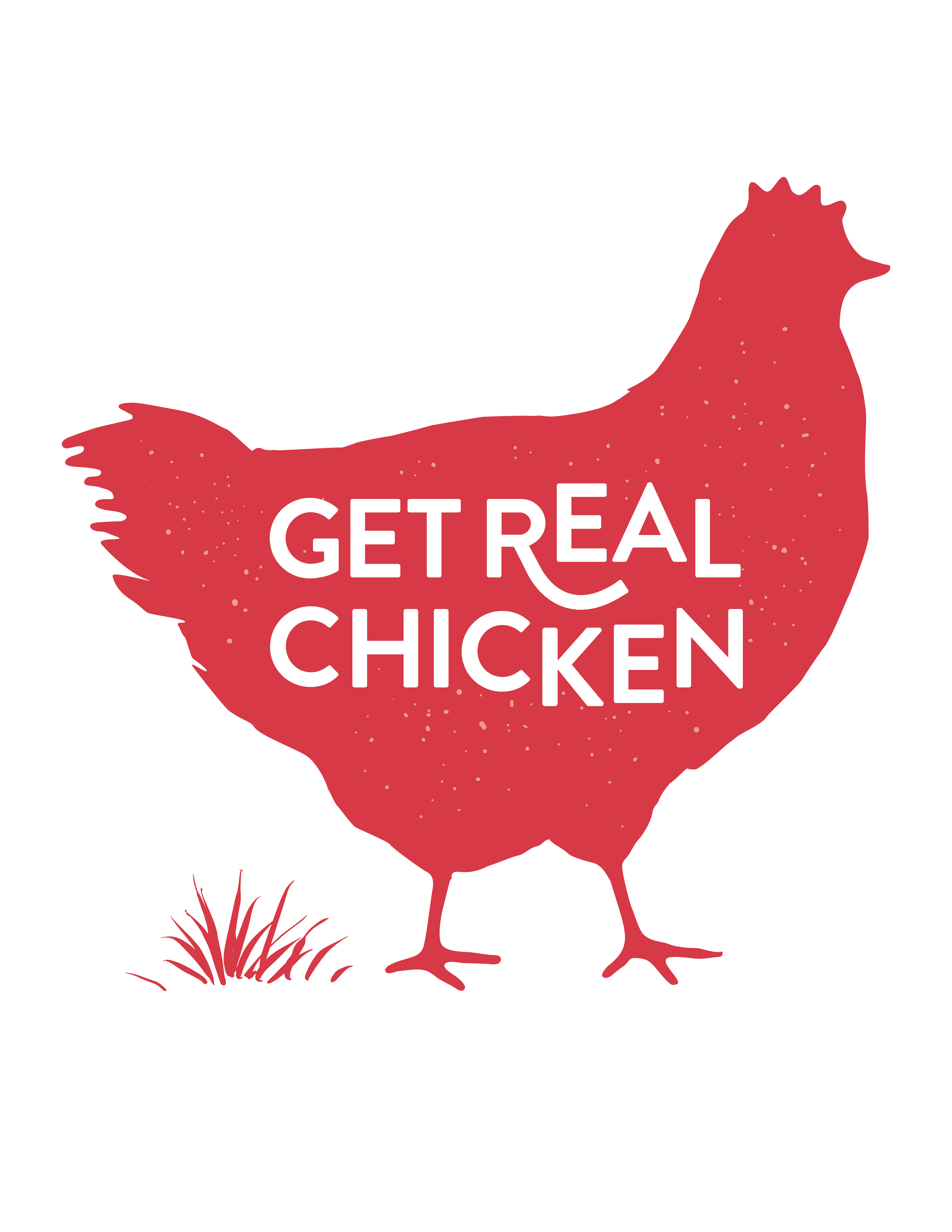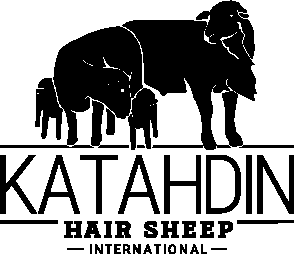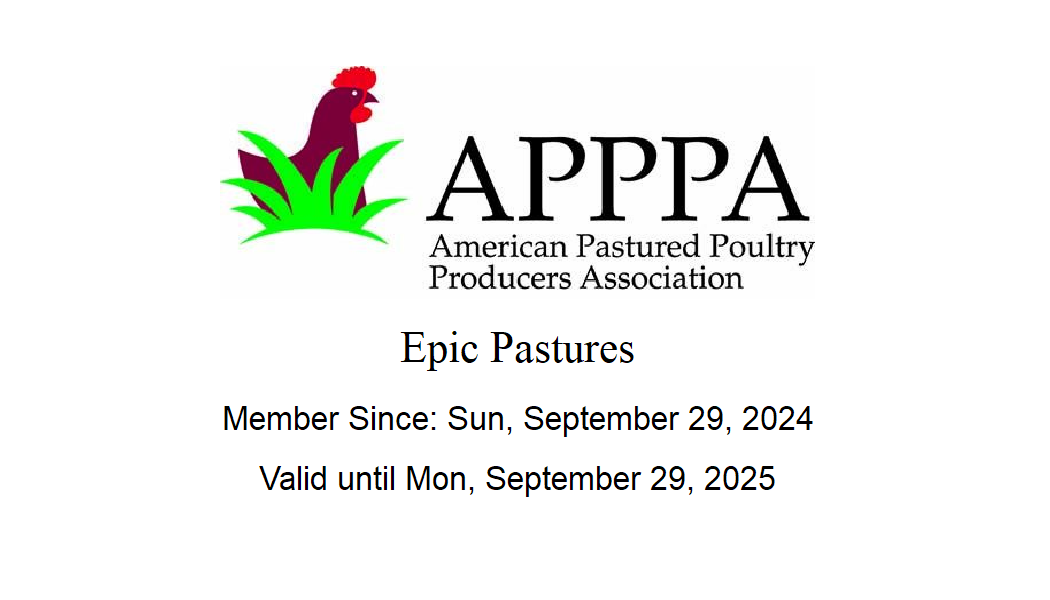Featured Recipes
Featured Products
Half Dozen Baking (Duck) Eggs
Our pasture-raised duck eggs are rich, flavorful, and perfect for baking. Raised on open pastures, these eggs offer a higher fat content and a richer texture, making them ideal for creating moist, delicious baked goods.
One Dozen Pasture-Raised Chicken Eggs
Our pasture-raised chicken eggs are rich in flavor and nutrients, laid by hens raised on open pastures. Perfect for a wholesome, farm-fresh addition to your meals.
Featured Posts
-
Ecological Outcome Verification (EOV)
Shop NowSummary:
Ecological Outcome Verification (EOV) is operated by the Savory Institute, a nonprofit organization, whose mission is to facilitate the large-scale regeneration of the world’s grasslands and the livelihoods of their inhabitants, through Holistic Management.
EOV is an empirically-based data collection protocol, currently deployed on over 4 million acres (1.6 million hectares) worldwide. It is the primary prerequisite inside the Land to Market (L2M) program, a sourcing solution that connects brands and retailers to farms and ranches that are verified to be regenerating their land.
The EOV protocol was developed in collaboration with leading soil scientists, ecologists, agronomists, and an extensive network of regenerative land managers around the world.
EOV is a practical and scalable soil and landscape assessment methodology that tracks outcomes in biodiversity, water, soil health, and ecosystem function (i.e. water cycle, mineral cycle, energy flow, and community dynamics).
EOV applies to grassland environments as well as grazed orchards, silvopasture systems, mixed livestock-cropping systems, and mixed livestock-forest areas. Pure cropping systems are currently not considered.
Program Ethos:
EOV is designed to reflect the Savory Institute’s enduring commitment to farmer education and support. We strive for continuous improvement in our community of practitioners and respect for unique contexts around the world. Our guiding pillars include:
- Outcomes-Based: Many certifications are process/practice-based (i.e. they inventory practices), yet the use of specific practices or tools does not guarantee land regeneration. Outcomes depend on brittleness of the landscape as well as management decisions and timing. Management depends on contextual variances in cultural, environmental, and economic conditions. EOV measures tangible outcomes and trends key indicators of ecosystem function, which in the aggregate indicate positive or negative trends in the overall health of a landscape. This in turn informs the farmer, rancher, or pastoralist with ongoing feedback and data from which to make better management decisions.
- Contextually Relevant: EOV is contextualized within its given ecoregion. Each ecoregion contains its own biodiversity of flora and fauna and has unique characteristics such as climate, geology, and soil types. Using well-recognized ecoregion maps, calibration to the area occurs by first defining alternate states of soil and vegetation within each ecoregion, called a State and Transition catalog. Within an ecoregion reference areas are then identified based on a desirable state demonstrating higher biodiversity, resilience, and ecosystem function. These reference areas in conjunction with a State and Transitions catalog are used to develop an evaluation matrix of ecological indicators that assess the ecological health of a farm or ranch.
- Farmer First: EOV is designed to be a learning mechanism and assessment tool for ongoing land improvement as well as assisting in market differentiation if an operation uses EOV and fulfills the requirements of the Land to Market program. EOV is implemented by Savory’s global network of regional Hubs, which are well acquainted with local environments, management styles, and operating conditions. These Hubs have personnel that work closely with land managers in their geographical areas and can assist managers seeking training or implementation support for improving land health.
-
Grass-fed
At Epic Pastures, our grass-fed poultry are raised with a practice that prioritizes their health and the vitality of our land. Our birds are free to forage on open pastures, where they naturally consume a diverse diet of grasses, forbs, legumes, and insects. This natural foraging helps them develop rich, flavorful meat and eggs while promoting soil regeneration and biodiversity. In addition to their pasture-based diet, we supplement our poultry with a simple, nutrient-rich feed to ensure they receive balanced nutrition. This daily feed provides essential vitamins, minerals, and energy, supporting their overall health without compromising the integrity of their natural foraging habits. By combining pasture centric foraging with supplemental feeding, our protocol ensures the well-being of our animals, enhances the quality of our products, and supports our commitment to sustainable, regenerative farming practices.Shop Now
